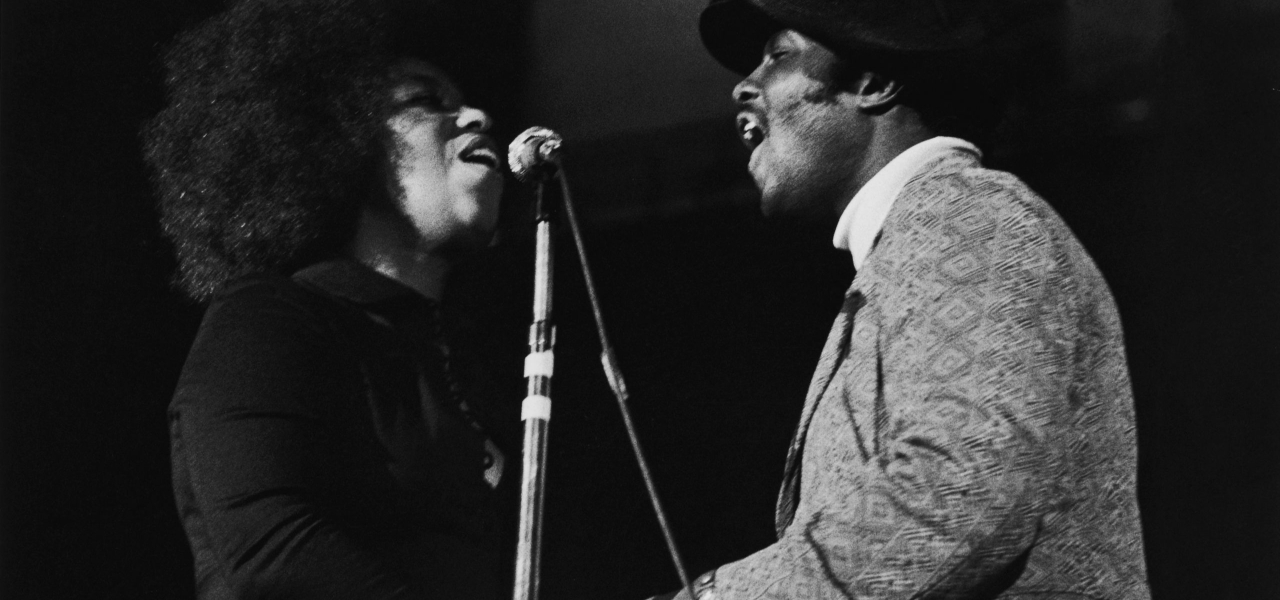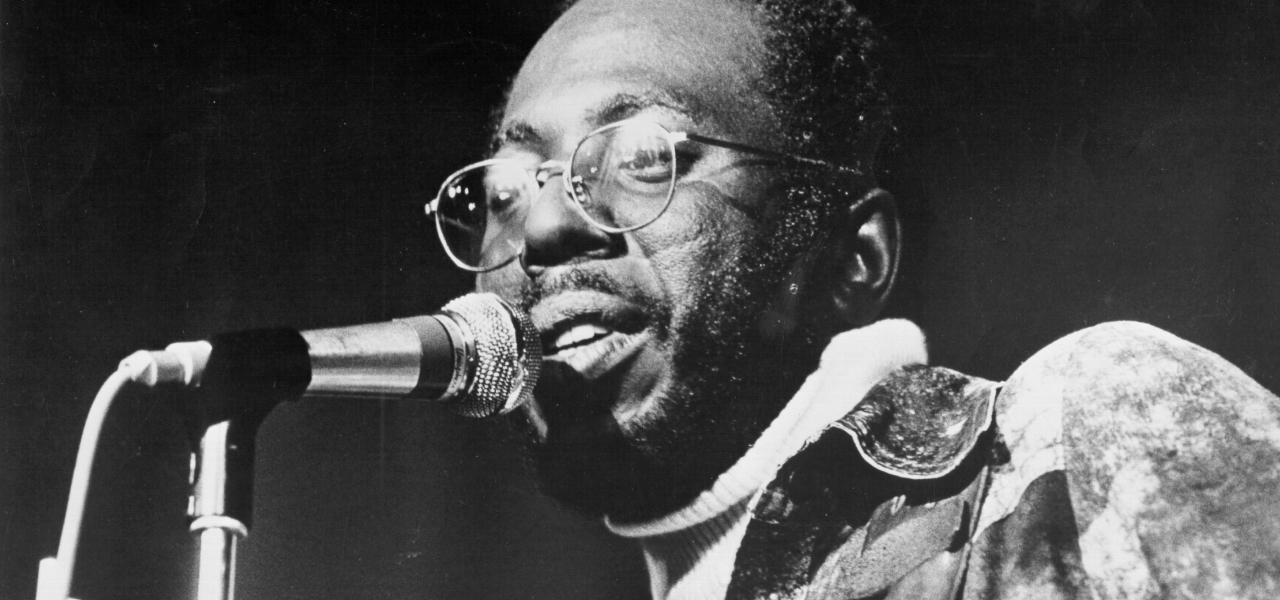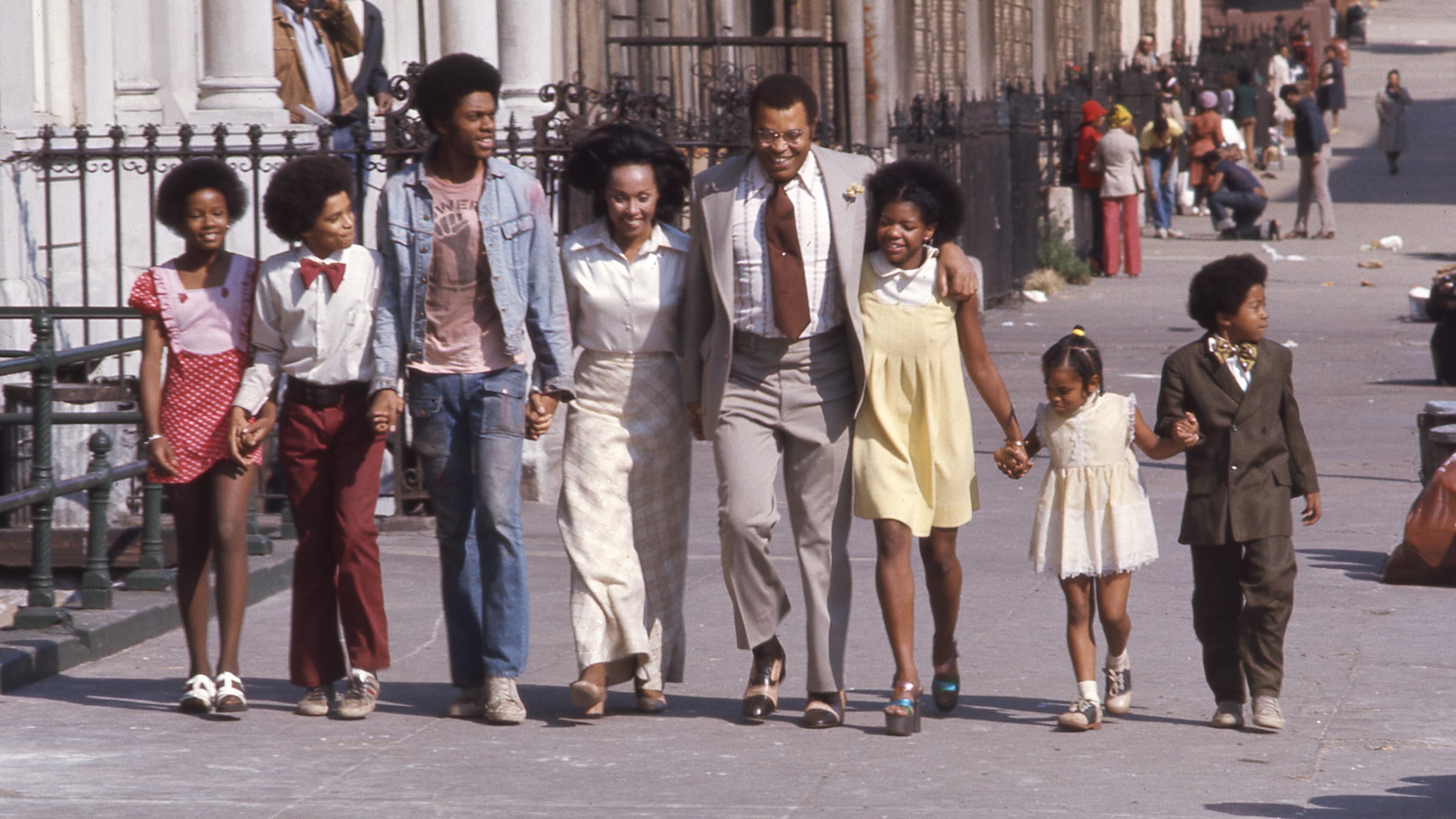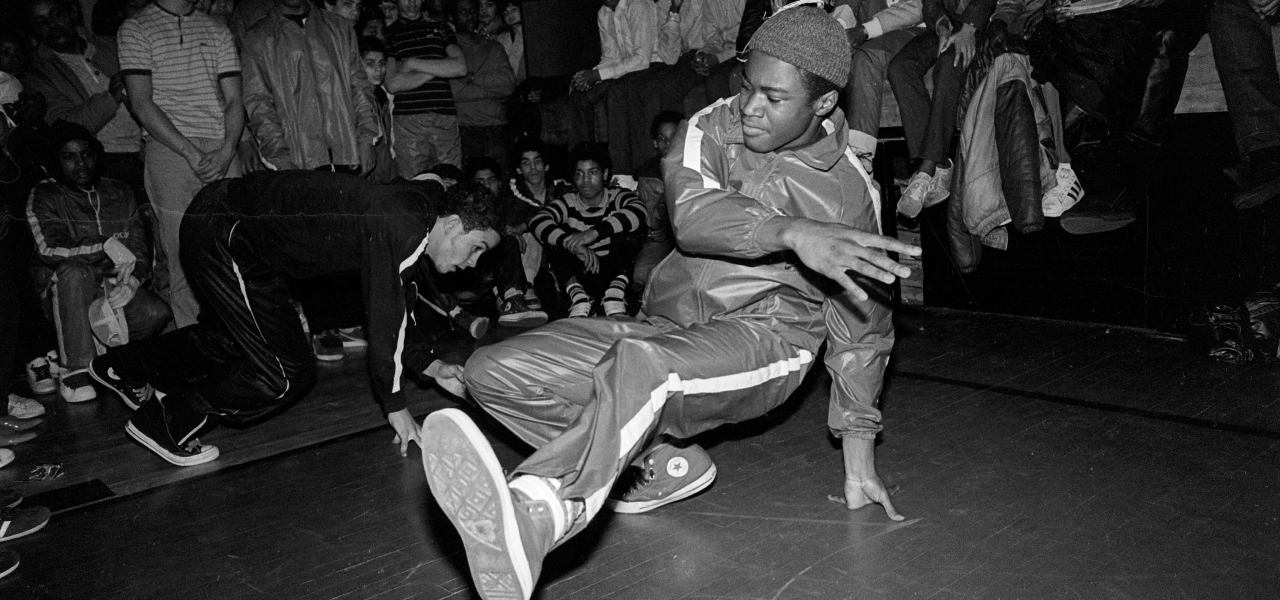- Celebrating the birthday of a true musical giant
Today, we pay tribute to the multifaceted talent that was Donny Hathaway, a singer, pianist, songwriter, and arranger who shone brightly in the realm of soul music during the early 1970s. His musical journey began as a session musician and producer at Curtis Mayfield‘s renowned Curtom Records in the vibrant city of Chicago. Here, he showcased his arranging skills, contributing to numerous hit songs across genres like soul, gospel, jazz, and blues, collaborating with legends such as Mayfield, Aretha Franklin, and The Impressions.
Donny Hathaway’s association with Curtom Records led to him being appointed as the studio’s in-house producer. Simultaneously, he embarked on his solo music career, quickly becoming his central focus. In 1969, he captured attention with the release of “The Ghetto Pt. 1,” the lead single from his debut album, “Everything is Everything,” which was met with critical acclaim, propelling him to stardom in 1970.
Donny Hathaway — “The Ghetto (Part One)”
In 1971, Hathaway unveiled his self-titled second album, marking the beginning of his collaboration with the acclaimed vocalist Roberta Flack. Their partnership bore fruit in 1972 with the release of “Roberta Flack & Donny Hathaway,” a collection of pop, soul, and gospel duets that would go on to sell over a million copies. It was during this period that Hathaway also delivered what would become a defining moment in his career: “Donny Hathaway Live.” This live album has earned its place among the greatest live recordings in music history and has influenced a multitude of artists including John Legend, D’Angelo, Luther Vandross, Alicia Keys, Stevie Wonder, Led Zeppelin, Justin Timberlake, John Mayer, and Amy Winehouse, who openly declared Donny Hathaway as her favorite artist and even paid homage to him in her hit song “Rehab.”
Amidst his professional successes, Hathaway faced personal struggles that cast a shadow over his life. Diagnosed with paranoid schizophrenia at the peak of his career, he was compelled to adhere to a rigorous medication regimen to maintain his mental well-being. As the 1970s progressed, his mental health deteriorated, leading to multiple hospitalizations. His condition strained personal relationships, causing a rift with his close collaborator, Roberta Flack.
However, a glimmer of hope emerged when Flack and Hathaway reconciled and embarked on a new duet album, “Roberta Flack Featuring Donny Hathaway,” in late 1978. Regrettably, fate had other plans, and they never had the opportunity to complete the project. On January 13th, 1979, after being sent home from a recording session due to a paranoid delusion episode, Hathaway tragically met his end. His lifeless body was discovered on the sidewalk below his 15th-floor window at The Essex House hotel in New York City. The official ruling was suicide. Donny Hathaway was just 33 years old.
Despite the devastation, Roberta Flack persevered and finished the album they had started, which included “You Are My Heaven,” a poignant love song co-written by Stevie Wonder and Hathaway’s final recording. This heartfelt track stands as a testament to their enduring musical partnership.
Roberta Flack w/ Donny Hathaway — “You Are My Heaven”
As we commemorate Donny Hathaway’s birthday, we remember a gifted artist whose music continues to inspire and resonate with audiences worldwide, showcasing the enduring power of his soulful legacy.
You may also like
Roberta Flack and Donny Hathaway Are Duo Perfection
Roberta Flack and Donny Hathaway side-by-side is E-VERY-THING
“Freddie’s Dead” Is Theme Song Magic
“Freddie’s Dead” Is Still Theme Song MagicCurtis Mayfield didn’t just compose “Freddie’s Dead,” he sang
Black Cinema Month: Claudine
This film showed a new dimension of the Black experience. Y’all remember this movie? Take
The Influence of 70s Soul Music on Hip-hop
The Influence of 70s Soul Music on Hip-hop70 Ways That Soulful Sounds Shaped the Hip-hop



